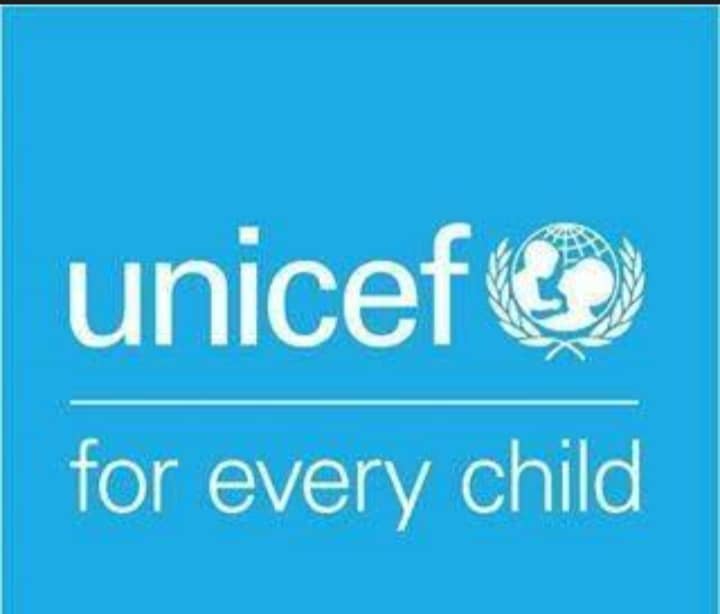By Olatunde Ajayi
The United Nations Children’s Fund (UNICEF) says access to good water, sanitation, and hygiene (WASH) is crucial in breaking the cycle of poverty in the country.
It, however, highlighted that inadequate WASH perpetuates poverty, urging increased efforts to eradicate open defecation nationwide.
Mr Monday Johnson, a WASH Specialist at UNICEF, said this at a two-day media dialogue on Accelerating Actions to Improve Urban Water, Sanitation, and Hygiene in Nigeria, held on Wednesday in Ilaji, Ibadan.
The News Agency of Nigeria (NAN) reports that the workshop was organised by the Oyo State Ministry of Information in collaboration with UNICEF to equip media professionals with the knowledge and skills to raise advocacy in support of WASH services.
Participants in the media dialogue were drawn from the six southwest states and Edo.
According to Johnson, poor sanitation and hygiene practices contribute to the spread of diseases, affecting public health and economic productivity.
He noted that lack of access to WASH services disproportionately affects vulnerable populations, including women, children, and people with disabilities.
He added that poor sanitation could lead to increased illness and higher healthcare costs.
“Once that happens, people will not be able to perform their economic activities due to sickness, which can result in poverty,” he said.
Referencing the current state of WASH in the country, the UNICEF WASH specialist said that the overall status of the WASH sector in the country is low.
He stated that only 10 per cent of the population in the country has access to toilets and sanitation facilities.
He called on governments at all levels to increase budgetary allocation to WASH, declaring that it is the right of every Nigerian to have good WASH facilities.
According to Johnson, investing in WASH facilities in public spaces like markets and fuel stations, with free or subsidised access, can significantly reduce open defecation, if government and private sectors collaborate.
He emphasised the need for government and private sector investments in urban sanitation services to address the exponential growth in population, which has put a strain on WASH facilities.
“The way forward is to ensure increased investment in WASH infrastructure and enhanced service delivery mechanisms, including community-led initiatives and public-private partnerships,” he said.
Johnson said that the government and private sector could also derive economic benefits from sanitation practices such as generating gas from faeces and manure for agricultural practices, if properly planned.
Mr Ayodele Adegoke, the Director of Community Mobilisation and Hygiene Education at Oyo State Rural Water Supply and Sanitation Agency (RUWASSA), said that the state government had made tremendous progress in reducing the menace of open defecation.
Adegoke said that this was due to improved investments by the state government in water, sanitation, and hygiene infrastructure across the 33 local governments in the state. (NAN)(www.nannews.ng)
Edited by Yetunde Fatungase













Your article helped me a lot, is there any more related content? Thanks! https://accounts.binance.info/es-AR/register-person?ref=UT2YTZSU